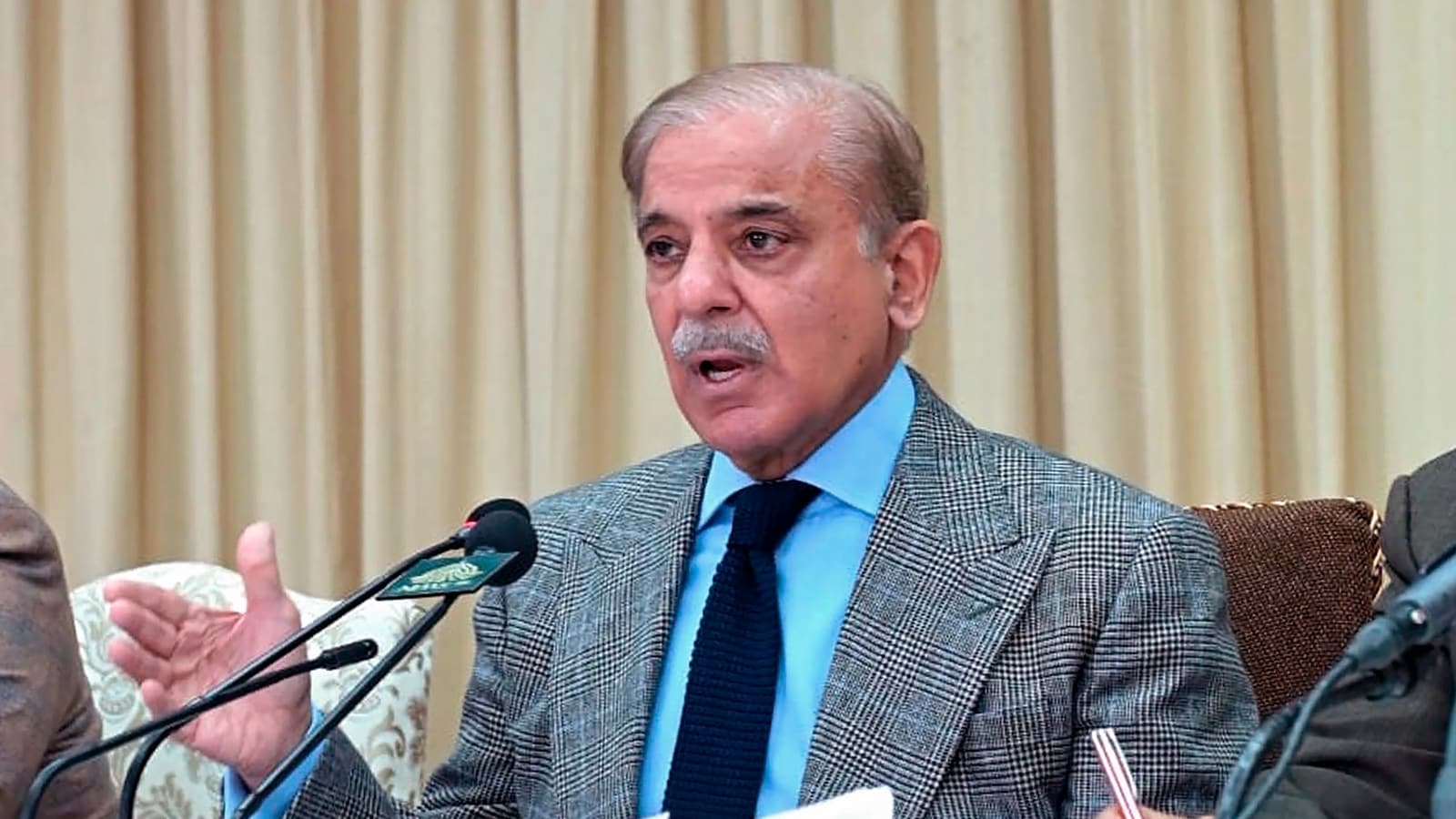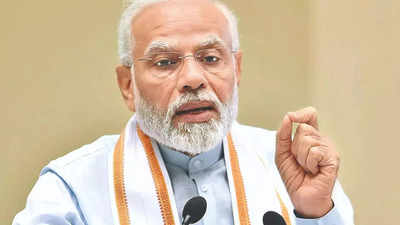Pakistan Prime Minister Shehbaz Sharif recently showed his interest in improving the ties with their neighbor India. Things have not been the best between the two countries in the last few years, as India has blamed Pakistan for the multiple terrorist attacks on Indian soil. Besides, the scrapping of article 370 in 2019, has done little to bridge the gap between the two Asian countries.
The Pakistan Prime Minister, who took over the country in April last year, made remarks about peace between the countries in a news channel named Al Arabiya, based out of UAE. The piece of news came as a surprise as this is the first time the head of Pakistan’s coalition government has offered a hand to India.

Shehbaz Sharif . Credits – Hindustan Times
“My message to the Indian leadership and Prime Minister (Narendra Modi) is that let’s sit down at the table and have serious and sincere talks to resolve our burning issues like Kashmir, where flagrant violations of human rights are taking place day in and day out,” Sharif said in the interview.
The statement cannot be taken at face value, as soon after the statement, the Prime Minister’s Office released a statement saying that the talks could only take place when the “illegal action” of August 5, 2019, is reversed.

Narendra Modi. Credits – TOI
Sharif, in the same interview, talked about the President of the UAE, Sheikh Mohamed bin Zayed. He stated that the President can use his friendship to get the two sides to talk to one another.
Situation in Pakistan
The timing of the statement from Pakistan’s Prime Minister is crucial, as his country is in the middle of one of its worst-ever crises. The crisis, which started a couple of years ago, was also the reason for the change of power in the country.
The current economic crisis in Pakistan is a result of severe national and international events over the last few years. The crisis has caused food, gas, and oil prices to rise.
Issues between India and Pakistan
Kashmir has been the single more conflicting issue between the two countries. The state of Kashmir was also the reason for the first war between the countries, right after independence. The two countries have been at loggerheads against each other for the majority of their independent years. Even with the backing of the west, on official or unofficial terms, Pakistan has lost the key battles against its neighbour. The battles between the two countries caused the death of thousands of soldiers from both sides, and in 1971, it also resulted in the creation of a separate state, Bangladesh.
Nonstate activities
The Indian state has blamed its immediate western neighbour for infiltrating and violating the borders, on several occasions. The start of the new century was marked by the Parliament attacks in 2001.
The five terrorists were identified to be the members of Pakistan-based militant groups Lashkar-e-Taiba and Jaish-e-Mohammed. The attack, which was targeted at the parliamentarians, resulted in the death of nine people, including six Delhi cops and Parliamentary Security Personnel.

The Indian Parliament. Credits – Wikipedia
Amongst the several attacks, the worst was the 26/11 Mumbai Attacks. Executed by the members of Lashkar -e-Taiba, the attack resulted in the death of 164 people. The attack was conducted on various sites in the city, including the Taj Hotel, Chhatrapati Shivaji railway Terminus, and Leopold Cafe.
The relations between the two countries are at an all-time, with the diplomats from both countries exchanging heated statements at international stages. How would the peace talks go ahead in the



















































































